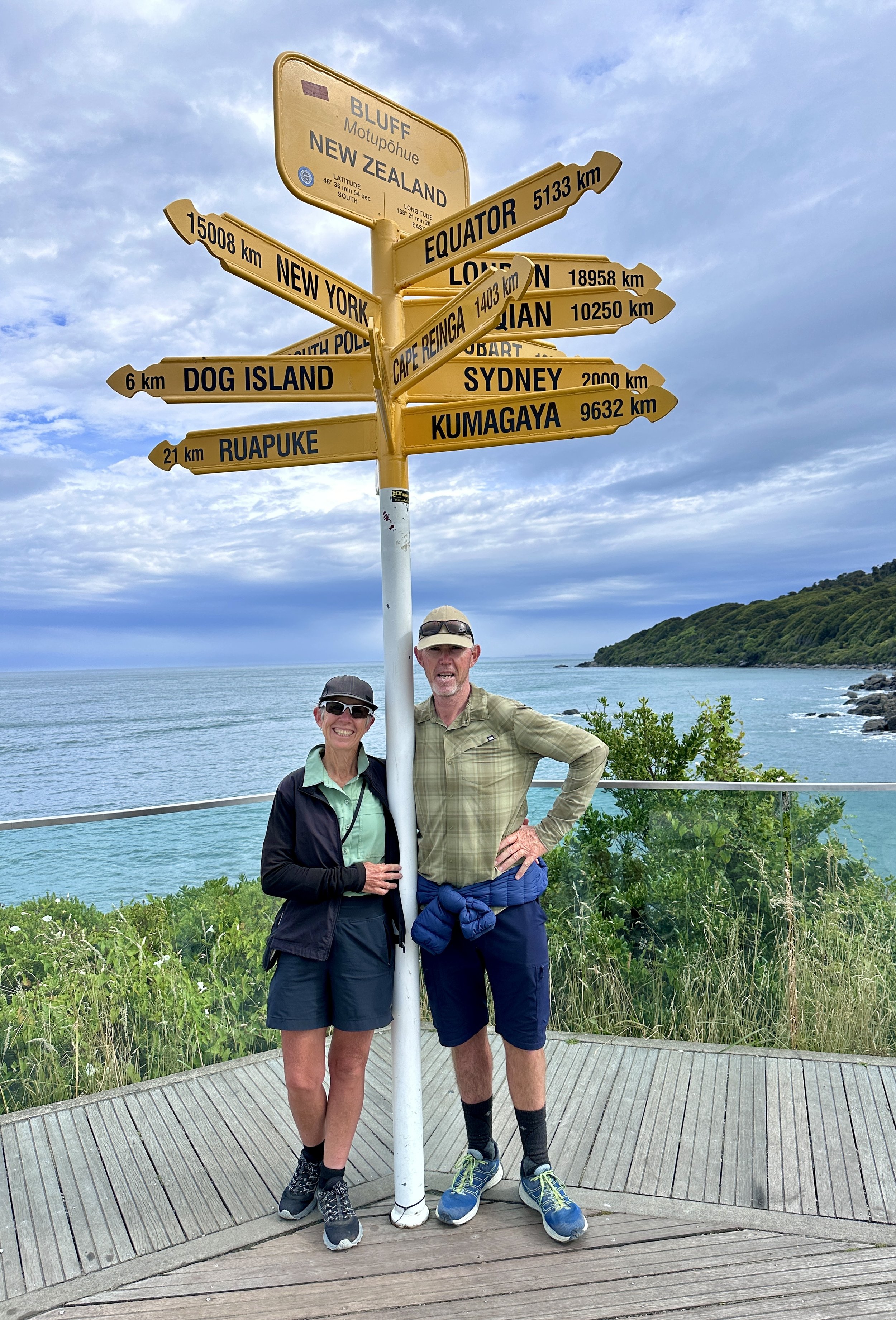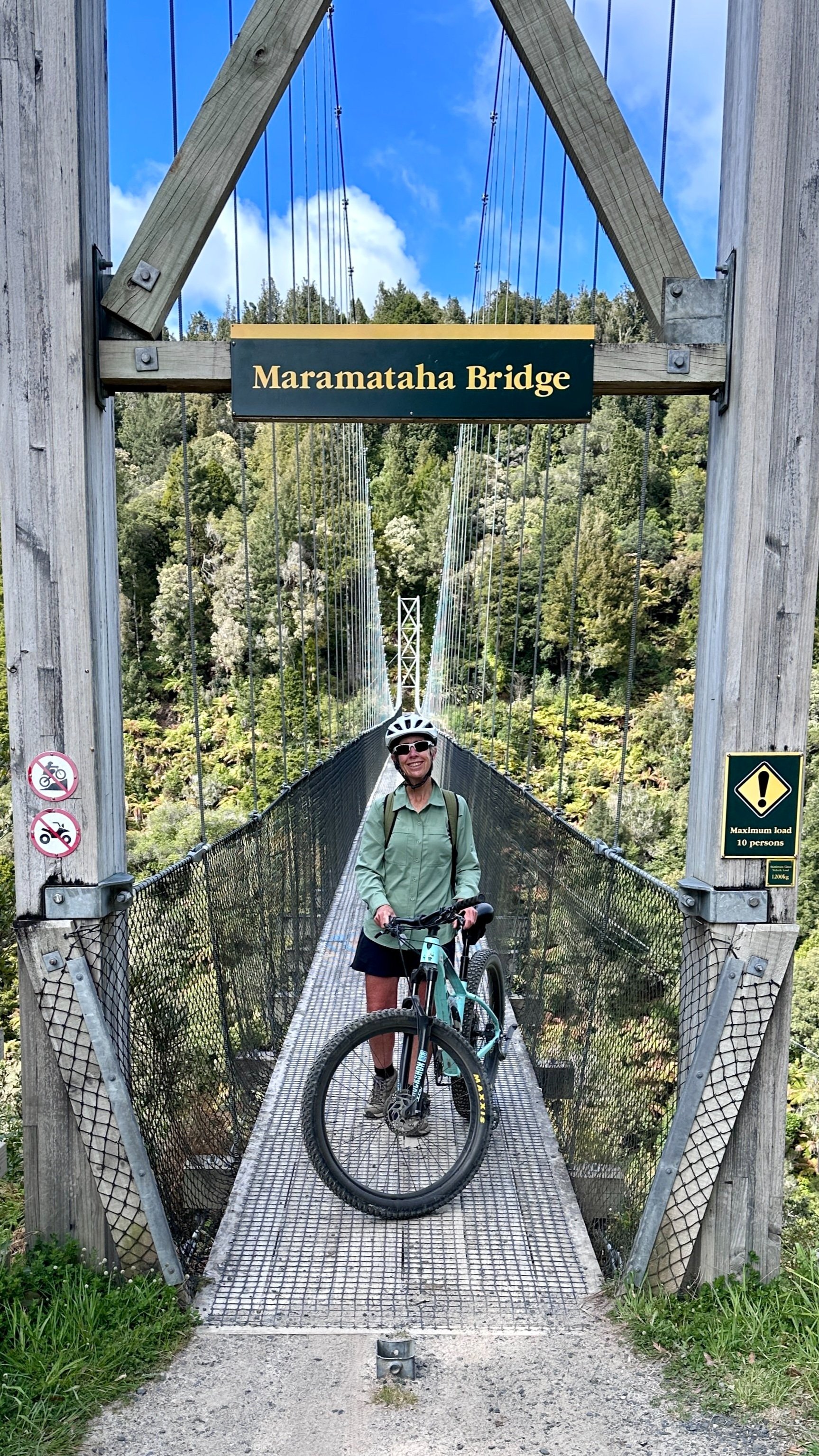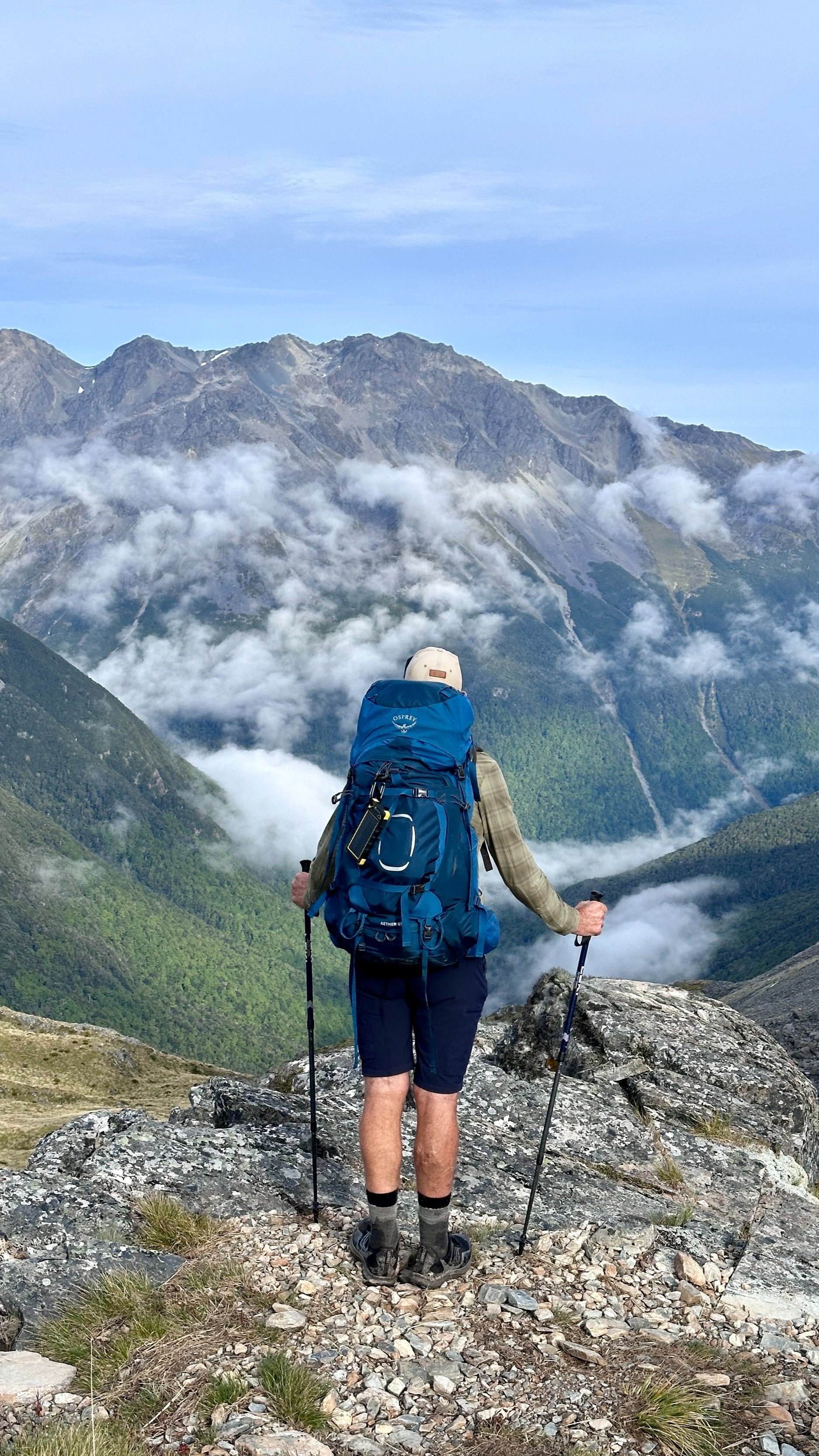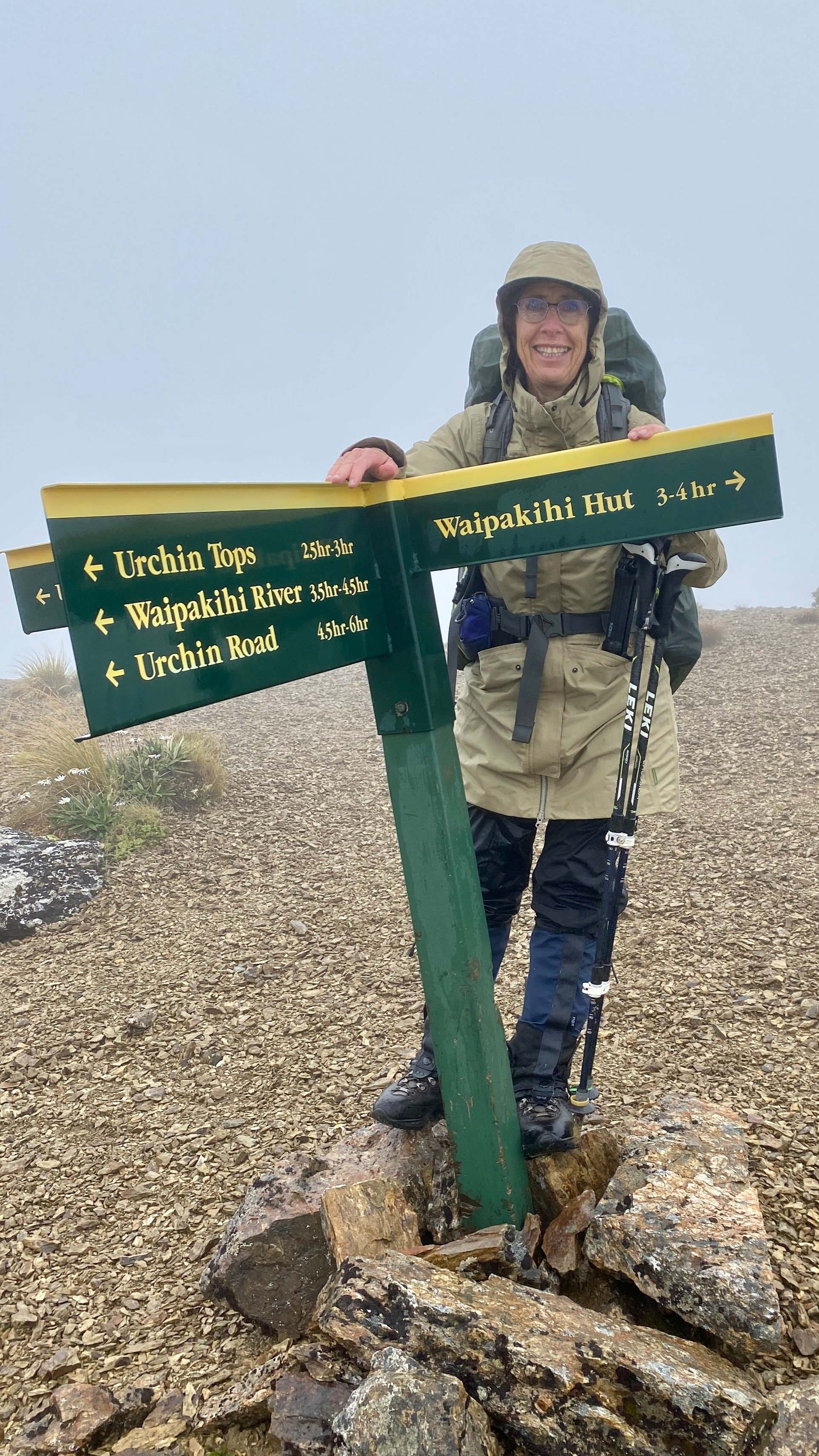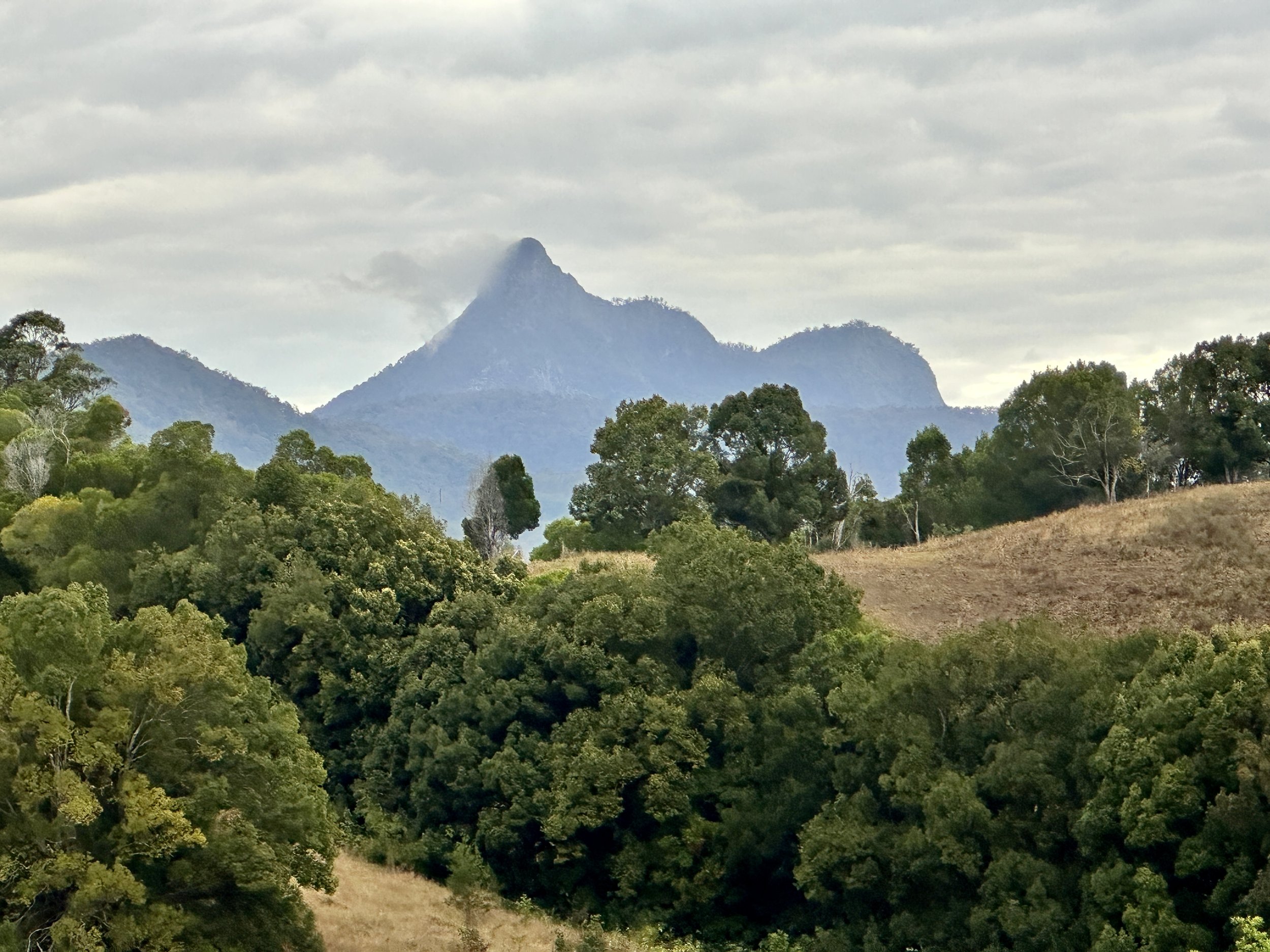
Australia Travel Tips
Your Ultimate Australia Travel Guide with tips on things to do and see when you’re in Australia
Heading to Australia? Check out these Travel Essentials
SkyScanner Hotels
Find your dream hotel
Find the perfect accommodation with SkyScanner to enhance your travel experience. We’ve pulled together some top hotel deals, so you can find an amazing room at an even better price.
GetYourGuide
Plan your entertainment
Unforgettable travel experiences. No matter where your travels take you, GetYourGuide offers the best way to connect with your destination. Make memories all over the globe with our locally-vetted, expertly-curated experiences.
DiscoverCars
Rent your car
Find your rental car with Discover Cars.
Save up to 70% by comparing the best car rental deals from 700+ suppliers in 10000+ locations worldwide and FREE Cancellation.
Disclosure: My content is reader-supported, which means I may earn a small commission from links on Freewheeling Kiwi’s Assets if you make a purchase and at no cost to you. This is a way to support me so that I can keep sharing content and stories. Thanks in advance for your support 😀
I receive a fee when you get a quote from World Nomads using this link. I do not represent World Nomads. This is not a recommendation to buy travel insurance.
LEARN ABOUT AUSTRALIA
Australia is understandably one of the most popular travel destinations in the world as it’s filled with incredible natural beauty, vibrant cities and a rich and diverse cultural history dating back thousands of years!
Australia will always hold a special place in my heart, not only is my Mum Australian but I’ve visited, holidayed, lived and worked there numerous times. Having first “crossed the ditch” (the Tasman Sea) at the tender age of just four months old, I continue to visit regularly.
TOP THREE THINGS TO SEE AND DO IN AUSTRALIA
Visit Sydney
Australia’s largest city has a diverse range of activities to keep you busy including visiting the Sydney Opera House, climb the Harbour Bridge, take a harbour cruise or sail, party in King’s Cross or relax at one of the many beaches such as Manly, Coogee, Palm and Dee Why beaches.
Explore Uluru and the Red Centre
Considered the spiritual heart of Australia, this Region’s gem is Uluru, that iconic red rock which formed over 550 million years ago. Get ready to be blown away by World Heritage-listed natural wonders, wildlife and the red dirt of the Australian Outback. Explore Kings Canyon, Uluru and Kata Tjuta while learning the ways of the ancient Anangu people of the Uluru region, one of the world’s oldest living cultures, dating back thousands of years.
Dive Great Barrier Reef
Dive or snorkel Great Barrier Reef, the world’s largest coral reef system composed of over 2,900 individual reefs and 900 islands extending over 2,300 kilometres. Swim amongst the stunning coral formations, giant clams, rare species of whales and six of the world’s seven marine turtle species. Relax later by soaking up the sunshine on the soft sands of one of the almost countless islands.
FAST FACTS ABOUT AUSTRALIA
Capital: Canberra
Australian Power Voltage: 230/240 Volts, 50 Hertz. Plug I
Currency: Australian Dollar
Internet: Access is widely available in Australia. Use a VPN for an extra layer of security
Population: 27 Million, 85% live within 50km of the coast.
KNOW BEFORE YOU GO TO AUSTRALIA
LANGUAGE
The most commonly spoken language in Australia is English. As a reflection oof the diverse culture, in total, Australians speak around 300 different languages including many indigenous languages.
English is the national language with 72% of people speaking it at home. The most common languages spoken at home, other than English, are Mandarin, Arabic, Cantonese, Vietnamese and Italian.
Transportation Signs
Airports: You’ll find English language signage everywhere.
Train Systems: In English
Taxis: In English
Uber: English
Buses: Drivers speak English
Menus: In English
APPS
Translation apps work more or less the same way, share the same basic features, and can be used offline if you download language packs.
WeChat: Online, Android, iOS, Mac OS, Windows
Key feature: does just about everything
Google Translate: Online and app (Android and iOS)
Key feature: real-time speech and text image translation
Virtual Private Network
For an extra layer of security, you could set up a VPN (virtual private network) before your trip.
CURRENCY
The Australian Dollar is the official currency of Australia
Code $
Symbol AU$
Abbreviation AUD
Conversion AUD $1 = US$0.60 (April 2025)
Central Bank The Reserve Bank of Australia
All major credit cards are accepted in Australia, with Visa and Mastercard the most widely used. Many retailers in main centres also have Apple Pay. Travellers’ cheques are no longer accepted.
You can exchange foreign currency for Australian currency at banks, some hotels and Bureau de Change kiosks, which are in international airports and most city centres. ATM’s are readily available in urban area.
Australian currency is available in:
Coins with values of 5, 10, 20 and 50 cents, $1 and $2.
Notes with values of $5, $10, $20, $50 and $100.
TIPPING
Tipping in Australia is not obligatory, even in restaurants and bars.
ELECTRONIC PLUGS AND TRAVEL ADAPTORS
Australia operates on a 230 watt power voltage: 230 and 50 Hertz. Plug I
A dual voltage rated appliance will display for example ‘INPUT: 110-240V’ on the body of the appliance or its power supply. This means that you will not need a converter or transformer but just a travel adaptor, because Australia operates on a 230 supply voltage, which is within the 110-240V range that the dual voltage appliance operates on. Your adapter will need to fit the following plug types;
For Australia there is one plug types, Type I
Plug type I is the plug which has three flat pins in a triangular pattern.
VISA
Having a valid passport, the right visa and completing the entry requirements are key to a trouble-free entry into Australia Your passport has to be valid for at least three months beyond your intended departure date, and if required, have a valid Australian Visa.
You do not need a visitor visa to visit Australia if you are:
New Zealand passport holders can travel to Australia without a visa and obtrain a visa on arrival at the airport.
An Australian passport holder travelling on an Australian passport
All other passport holders need the right visa to come to Australia. You also need to get your visa before you travel to Australia. You might also need a visa to transition through Australia to another destination.
Can you go to Australia? Read more on Australian Visas here
Useful Documents To Have
Passport
Original passport or travel document of your country with at least three months remaining validity on the date of travel and at least two visa pages clear of any markings, the passport should be in good condition without any damage that could render it invalid.
Travel itinerary
Travel itinerary is a travel reservation to and from Australia in your name, not a ticket, the itinerary should include your travel dates, flight numbers, and any layovers or connections, this document helps show your planned travel route and duration of stay.
Proof of Funds
Proof of enough money for you to stay and to leave Australia, such as personal bank statements, pay slips from your employer, or tax records, these documents help verify that you have sufficient funds to support yourself during your stay and for your return journey.
HEALTH
Vaccines and Medications:
Check the vaccines and medicines list and visit your doctor at least a month before your trip to get vaccines or medicines you may need. Visitors bringing in a quantity of medication are advised to carry a doctor's certificate to avoid possible problems with Australian Customs on arrival. Doctor's prescriptions are needed to obtain certain drugs in Australia.
SAFETY
Before travelling, check the New Zealand Safe Travel site for official advice for New Zealanders living and travelling overseas.
Staying Safe While Travelling in Australia
Always lock your accommodation and vehicle and keep windows secure when you're not around.
Don’t hitchhike or accept lifts from strangers.
Don’t carry large amounts of cash or expensive jewellery.
Store valuables securely, ideally in a safe at your accommodation. Never leave valuables or important documents in parked vehicles.
Never leave bags, backpacks, wallets or cameras unattended in any public place, especially airports, ferry terminals or bus/railway stations.
If you're out at night, keep to well-lit places where other people are present. Don’t take shortcuts through parks or alleyways. Take a taxi or get a ride with someone you know.
Scams
Australia is a relatively safe travel destination but we are not crime free. It is important you take the same precautions to look after yourself and your possessions as you would at home.
World Nomads travel insurance has been designed by travellers for travellers. If you leave home without travel insurance or your policy runs out, you can buy or extend while on the road.
I receive a fee when you get a quote from World Nomads using this link. I do not represent World Nomads. This is not a recommendation to buy travel insurance.
RESOURCES FOR YOUR TRIP
Whenever I travel I start by researching with these companies as they’ve consistently proven to be the best when it comes to offering great prices.
BEST TIME TO VISIT AUSTRALIA
Recommended Time to Visit Australia:
Australia is home to tropical, subtropical, desert and temperate climates, you’ll find dewy rainforests, sandy plains, snowy alps and sunny beaches. Being such a large country / continent temperature and climate are important considerations when packing your bags.
Summer: December to February - In summer, the average daily temperatures range from about 20°C to 37°C (68°F to 99°F) in the major capital cities.
Autumn: March to May - Things start to cool down slightly in autumn, with temperature averages slipping to between 17°C and 35°C (63°F and 95°F).
Winter: June to August - The winter months see average temperatures that range from 11°C (52°F) in the south to 30°C (86°F) in the north.
Spring: September to November - Spring boasts average daily temperatures from 17°C and 35°C (63°F and 95°F), from the south to the north, respectively.
Seasons in the Tropics
The northern sub-tropical and tropical regions experience two seasons: wet and dry. The wet season, or tropical summer, is between October and April, where you'll experience a mix of sun and rain – making for epic waterfalls – and prices are more affordable. May to September is host to the dry season, with plenty of sunshine and an average maximum temperature around 35°C (95°F).
Sign up to my Adventure Newsletter
You’ll be the first to be notified of the next Group Trip, access to exclusive news and content, FREE resources, great discounts and some of my favourite inspiration.
Ready to join the Adventure?
Hi and welcome to my website. I’m Sharon Evans and I’ve a passion for travel that provides adventure, challenge, nature and inspiration.
I’m a professional storyteller here and on YouTube, Instagram, Facebook, Threads and TikTok with many thousands of followers across my channels.
Join me as I share my authentic experiences from around the world 💚






